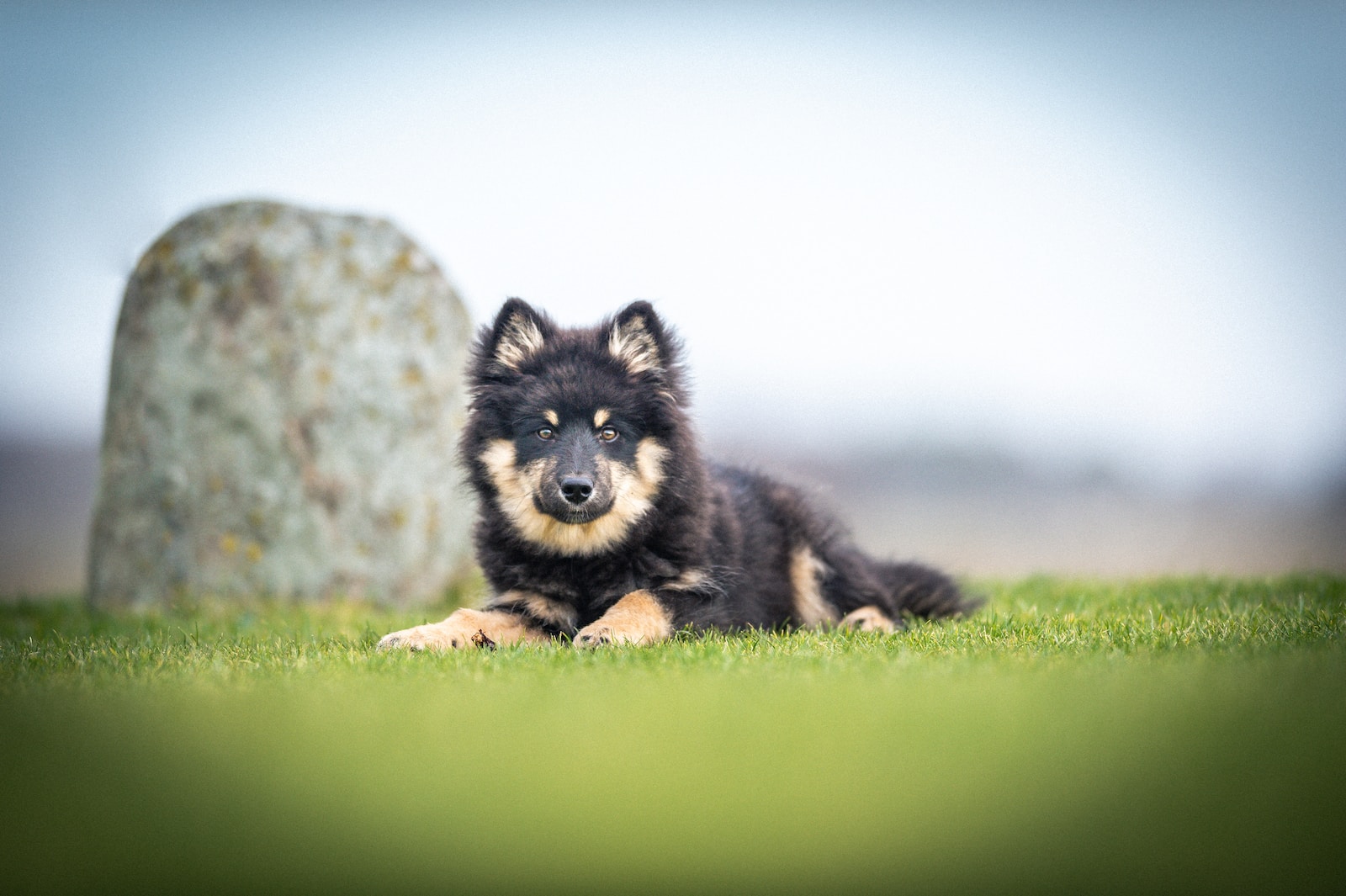Bringing a puppy into your life is an exciting and rewarding experience, but it also comes with great responsibility. Just like human children, puppies go through various stages of growth and development that shape their personalities and behaviors as they transition into adulthood. Understanding these stages and providing proper care and training during each phase is essential for raising a well-adjusted and happy adult dog. In this comprehensive guide, we will explore the key stages of a dog’s growth, from puppyhood to adulthood, and offer valuable insights on how to navigate each phase with confidence.
Stage 1: Newborn to 3 Weeks – The Neonatal Stage
The neonatal stage begins when puppies are born and lasts until they are approximately three weeks old. During this period, puppies are entirely dependent on their mother for nourishment and care. Their eyes and ears are closed, and they are unable to regulate their body temperature, relying on their mother’s warmth.
As a responsible owner, provide a quiet and secure environment for the mother and her litter during this stage. Minimize disturbances and avoid handling the puppies excessively, allowing the mother to care for her pups naturally.
Stage 2: 3 to 12 Weeks – The Socialization Period
Around three weeks of age, puppies begin to open their eyes and ears, entering the socialization period. This is a critical time in a puppy’s development, as they start to explore their surroundings, interact with their littermates, and learn valuable social skills.
As a puppy owner, this is an excellent time to introduce your puppy to different sights, sounds, and experiences in a controlled and positive manner. Socialization with various people, animals, and environments can help your puppy grow into a confident and well-adjusted adult dog.
Stage 3: 3 to 6 Months – The Juvenile Stage
The juvenile stage marks the beginning of puppy adolescence, which lasts until approximately six months of age. During this period, puppies undergo significant physical and behavioral changes. They may become more independent, curious, and test boundaries as they learn about their place in the world.
Consistent training and positive reinforcement are essential during this stage to set boundaries and encourage good behavior. Be patient and understanding, as puppies may display occasional bursts of energy and may become more prone to distractions.
Stage 4: 6 Months to 2 Years – The Adolescent Stage
The adolescent stage is a challenging period where your once adorable puppy may exhibit rebellious and unpredictable behavior. Just like human teenagers, adolescent dogs experience hormonal changes that can influence their actions and responses.
During this time, it’s crucial to continue training and reinforce positive behaviors. Provide regular exercise and mental stimulation to help channel their energy and prevent destructive behaviors. Patience, consistency, and positive reinforcement will help guide your adolescent dog through this phase.
Stage 5: 2 Years and Beyond – Adulthood
Around two years of age, most dogs reach physical and sexual maturity, officially becoming adults. However, keep in mind that some large breeds may continue to mature and develop until around three years old.
Adult dogs typically have a more settled temperament and may have established their behavior patterns. However, training and socialization should remain ongoing to maintain good manners and reinforce positive behaviors.
Maintaining regular veterinary check-ups and a balanced diet are crucial throughout adulthood to ensure your dog’s health and well-being. Continue to provide mental and physical stimulation to keep your adult dog happy and engaged.
Navigating your dog’s growth and development from puppyhood to adulthood is a rewarding journey that requires dedication, patience, and love. Understanding the different stages and their unique needs will help you provide the appropriate care and training at each phase.
From the early days of the neonatal stage to the challenging adolescence and the maturity of adulthood, your guidance and support play a vital role in shaping your dog’s personality and behavior. Embrace each stage with enthusiasm, and enjoy the companionship of your furry friend as they grow into well-adjusted and content adult dogs. Remember that your bond and commitment will create a lifelong friendship that brings joy and fulfillment to both of you for years to come.

Leave a Reply